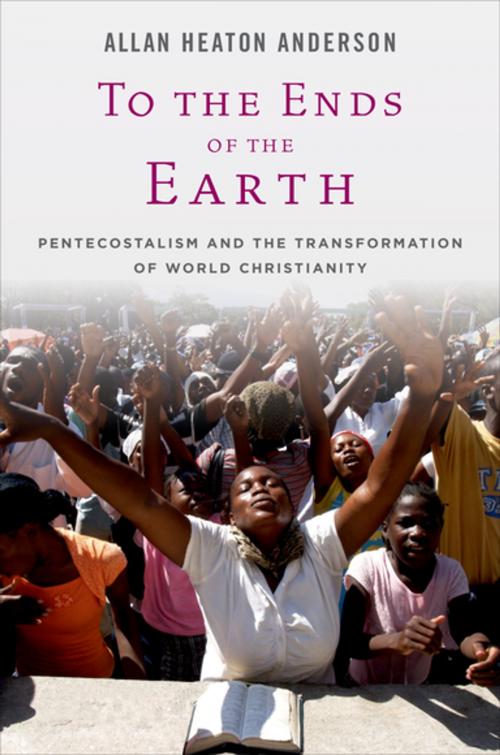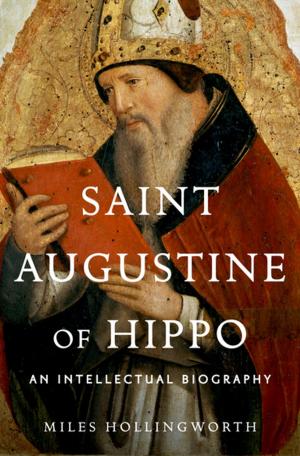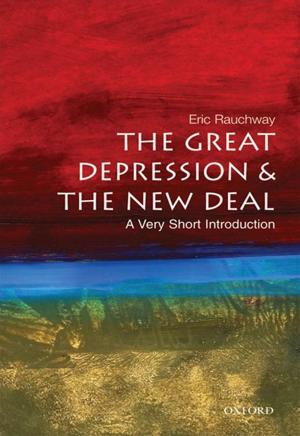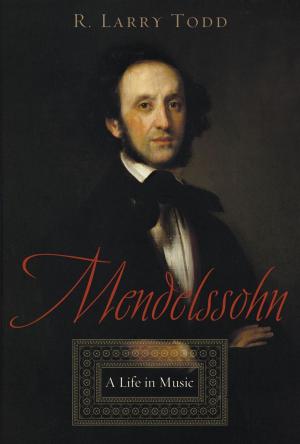To the Ends of the Earth: Pentecostalism and the Transformation of World Christianity
Pentecostalism and the Transformation of World Christianity
Nonfiction, Religion & Spirituality, Christianity, Denominations, Pentecostalism| Author: | Allan Heaton Anderson | ISBN: | 9780199911820 |
| Publisher: | Oxford University Press, USA | Publication: | December 24, 2012 |
| Imprint: | Oxford University Press | Language: | English |
| Author: | Allan Heaton Anderson |
| ISBN: | 9780199911820 |
| Publisher: | Oxford University Press, USA |
| Publication: | December 24, 2012 |
| Imprint: | Oxford University Press |
| Language: | English |
No branch of Christianity has grown more rapidly than Pentecostalism, especially in the southern hemisphere. There are over 100 million Pentecostals in Africa. In Latin America, Pentecostalism now vies with Catholicism for the soul of the continent, and some of the largest pentecostal congregations in the world are in South Korea. In To the Ends of the Earth, Allan Heaton Anderson explores the historical and theological factors behind the phenomenal growth of global Pentecostalism. Anderson argues that its spread is so dramatic because it is an "ends of the earth" movement--pentecostals believe that they are called to be witnesses for Jesus Christ to the furthest reaches of the globe. His wide-ranging account examines such topics as the Azusa Street revival in Los Angeles, the role of the first missionaries in China, India, and Africa, Pentecostalism's incredible diversity due to its deep local roots, and the central role of women in the movement. He describes more recent developments such as the creation of new independent churches, megachurches, and the "health and wealth" gospel, and he explores the increasing involvement of pentecostals in public and political affairs across the globe. Why is this movement so popular? Anderson points to such features as the emphasis on the Spirit, the "born-again" experience, incessant evangelism, healing and deliverance, cultural flexibility, a place-to-feel-at-home, religious continuity, an egalitarian community, and meeting material needs--all of which contribute to Pentecostalism's remarkable appeal. Exploring more than a century of history and ranging across most of the globe, Anderson illuminates the spectacular rise of global Pentecostalism and shows how it changed the face of Christianity worldwide.
No branch of Christianity has grown more rapidly than Pentecostalism, especially in the southern hemisphere. There are over 100 million Pentecostals in Africa. In Latin America, Pentecostalism now vies with Catholicism for the soul of the continent, and some of the largest pentecostal congregations in the world are in South Korea. In To the Ends of the Earth, Allan Heaton Anderson explores the historical and theological factors behind the phenomenal growth of global Pentecostalism. Anderson argues that its spread is so dramatic because it is an "ends of the earth" movement--pentecostals believe that they are called to be witnesses for Jesus Christ to the furthest reaches of the globe. His wide-ranging account examines such topics as the Azusa Street revival in Los Angeles, the role of the first missionaries in China, India, and Africa, Pentecostalism's incredible diversity due to its deep local roots, and the central role of women in the movement. He describes more recent developments such as the creation of new independent churches, megachurches, and the "health and wealth" gospel, and he explores the increasing involvement of pentecostals in public and political affairs across the globe. Why is this movement so popular? Anderson points to such features as the emphasis on the Spirit, the "born-again" experience, incessant evangelism, healing and deliverance, cultural flexibility, a place-to-feel-at-home, religious continuity, an egalitarian community, and meeting material needs--all of which contribute to Pentecostalism's remarkable appeal. Exploring more than a century of history and ranging across most of the globe, Anderson illuminates the spectacular rise of global Pentecostalism and shows how it changed the face of Christianity worldwide.















